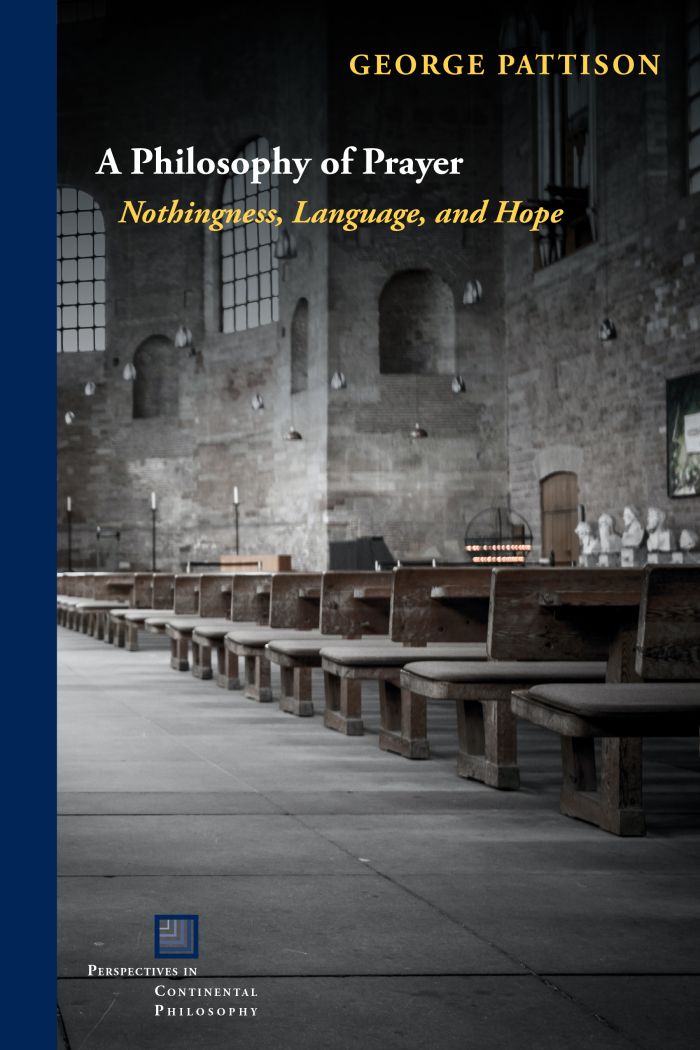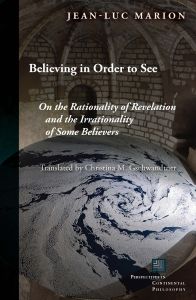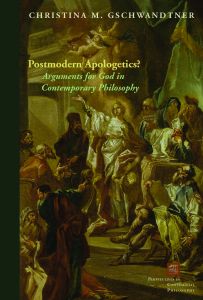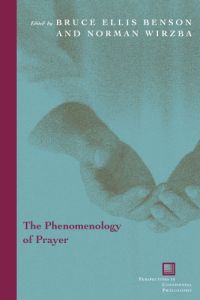A Philosophy of Prayer
Nothingness, Language, and Hope

This book can be opened with

Exploring the silence of prayer in Post-Kantian philosophy and traditional spirituality
A Philosophy of Prayer explores prayer within the perspective of post-Kantian philosophy. Against a background of traditional sources, including Augustine, The Cloud of Unknowing, and the seventeenth-century French school of spirituality, the book uses Schleiermacher, Kierkegaard, Dostoevsky, Heidegger, Berdyaev, Tillich, Marcel, Simone Weil, Emmanuel Levinas, and Jean- Louis Chrétien to provide an interpretation of what is meant by the passivity and self-annihilation of the praying self, suggesting an “apophatics of the personality.”
Pattison pays particular attention to the question of language and the implications of the role given to silence in traditional texts, arguing that language remains a defining element of the human–God relationship and that silence is not to be construed as the negation of language but as the revelation of the depth of language itself. The basic structure of prayer is shown to be implicitly eschatological, oriented toward a coming kingdom of justice and peace while, at the same time, expressing a deep desire for ontological homecoming, a tension manifest in, respectively, Levinas and Heidegger. On Pattison’s reading, prayer calls for and develops a particular orientation of the self toward existence, corresponding to the virtue of humility, long understood as the basic Christian virtue. This is shown to be in tension with modernity’s commitment to strong versions of autonomy. However, the choice of humility is not presented as the reinstatement of religious heteronomy but as a free choice of the praying self.
Sometimes silence is a clearer statement than many words. Sometimes prayer is a clearer witness than political activism. In this important collection of essays spanning two decades, George Pattison demonstrates his mastery of listening to silence and the voices of those who give silence a meaning without which human life is impossible. His philosophy of prayer is an impressive continuation of his groundbreaking phenomenology of the devout life in conversation with 19th and 20th century thinkers. Anyone who wants to engage with prayer and praying in our secular world can only learn from the wealth of observations, insights and ideas in these studies. This important contribution to the philosophy of prayer will leave its mark.—Ingolf Dalferth, Danforth Professor Emeritus of Philosophy of Religion at Claremont Graduate University
In this stimulating collection of essays, the Anglican priest and distinguished academic George Pattison takes up the challenge posed by Immanuel Kant, that “praying, conceived of as an inner ritual service of God and hence as a means of grace, is a superstitious delusion.”—The Church Times
This is a work that deserves a wide readership, not only of scholars, but of all looking to think about the life of prayer in searching ways that avoid simplistic answers.—Theology Journal
Preface | xi
1 Annihilation | 1
2 Unknowing | 17
3 Mystery | 34
4 Words | 51
5 Preaching | 68
6 Promise | 83
7 Height | 96
8 Homecoming | 110
9 Humility | 123
Postscript | 141
Notes | 143
Select Bibliography | 163
Index | 171





